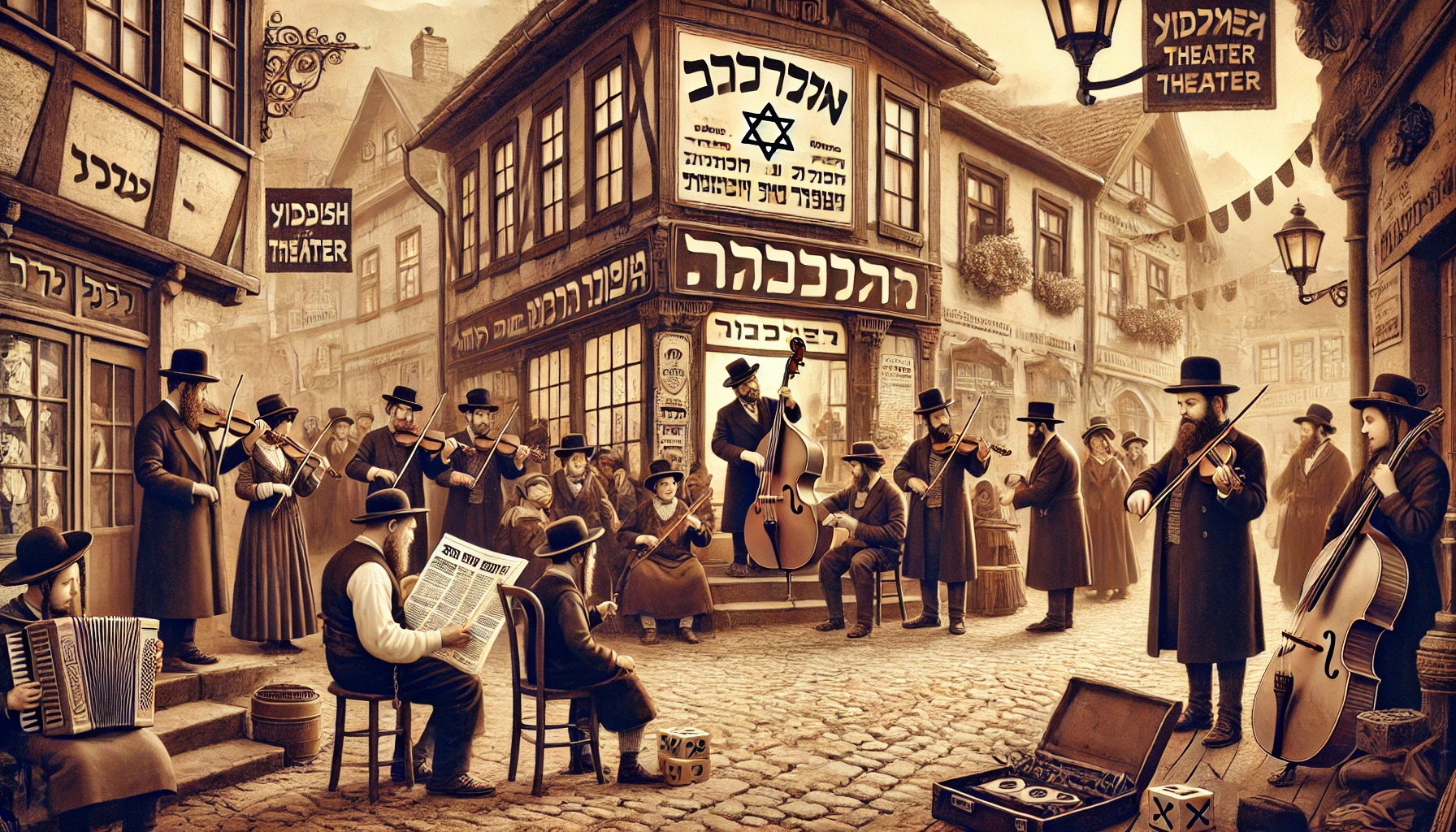The Yiddish language and culture are an integral part of the spiritual heritage of the Jewish people. For approximately 800 years, Yiddish was the language spoken by the majority of European Jews and Jewish immigrants from other countries. In fact, it was the language of two-thirds of the Jewish people before 1939. Until World War II, Yiddish culture flourished, producing vibrant folklore, literature, music, theater, film, and media.
This rich culture, founded on deep Jewish spiritual foundations, has absorbed the cultural trends of the modern era. It is recognized by two famous people: Mendele Moykher Sforim, I.L. Peretz, Sholom Aleichem, Itzik Manger, Isaac Bashevis Singer, and Abraham Sutzkever. The creation of Yiddish culture took place simultaneously in Europe, North America, South America, South Africa, and Israel.
In order to contribute to the preservation of the Yiddish language and culture, the World Congress decides to establish the International Center of World Congress (http://www.yiddishcenter.org/en) in Vilnius, Lithuania.
The Center yiddish du Congres juif mondial attaches great importance to the preservation et a la reconnaissance des tresors culturels crees en yiddish, ainsi qu’a la perennite de la langue, de l’apprentissage et de la recherche yiddish. The center is dedicated exclusively to the creation of new literary, musical and theatrical oeuvres in Yiddish.
Vilnius, formerly known as Vilna, was one of the leading Jewish and Yiddish cultural centers in Eastern Europe, nicknamed the “Jerusalem of the North,” a center of Yiddish education, journalism, literature, and theater. YIVO, the first academic research institute for Yiddish, was founded 90 years ago in Vilna. Vilnius is a more conducive place in the world for the revival of Yiddish culture and language.
The new center will offer intensive short seminars, summer schools, and the systematic study of Yiddish through distance learning (online). Its target audience is schools, Jewish educators, undergraduate and university students, Jewish communities, Jewish cultural leaders, and the general public.
Particular emphasis will be placed on instilling the values of Yiddish culture in Jewish education, focusing on five main elements:
1. Yiddish as a barrier against national and cultural assimilation and as an important tool for fostering Jewish identity;
2. Yiddish culture as a bridge between the Jewish religion and secularism, as a link between Jewish and universal values;
3. Yiddish culture as a moral system on which Jewish civilization has been founded for centuries;
4. Yiddish culture as the immortalization of a spiritual bond between the people of Israel and the Land of Israel;
5. Knowledge of Yiddish culture as an integral part of Holocaust studies. This is why we are reaching out to Jewish organizations around the world, to Jewish educational systems, to students in higher education institutions, and to all those who share a passion for the beauty and sadness of Yiddish to engage with the new WCJ Yiddish Center, in Vilnius and around the world. We appeal to you, in the spirit of Isaac Bashevis Singer, who, after receiving the Nobel Prize for Literature in 1978, declared:
“Yiddish has not yet had its last word. It contains treasures that have not been revealed to the world. It was the language of martyrs and saints, of dreamers and Kabbalists—rich in humor and memories that humanity may never forget. Figuratively speaking, Yiddish is the language of us all, the wise and humble language, the language of humanity, both fearful and full of hope.”


























